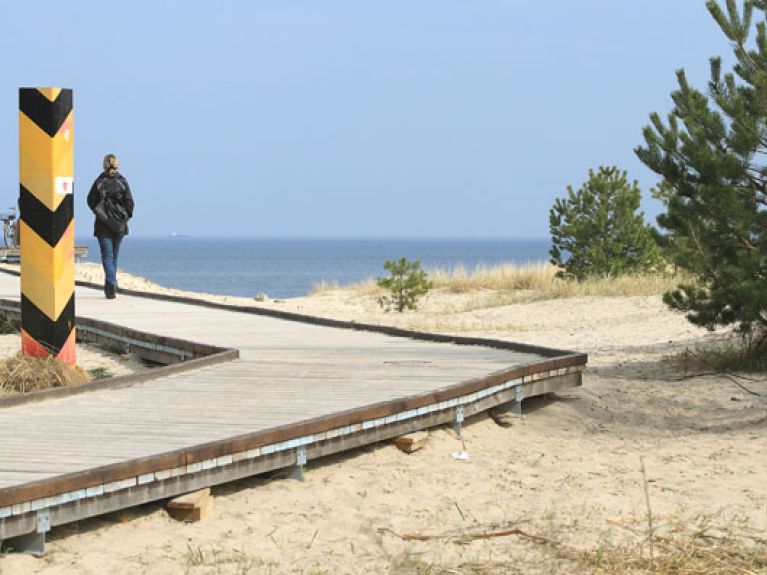10 years of eastern enlargement of the EU
1 May 2004 saw the enlargement of the European Union, primarily towards the east.

It was the moment that finally marked the collapse of the Iron Curtain: on 1 May 2004, the European Union was enlarged, primarily towards the east. Ten additional countries were welcomed into the union (Estonia, Latvia, Lithuania, Malta, Poland, Slovenia, Slovakia, Czech Republic, Hungary and Cyprus). In subsequent years, Bulgaria, Romania and most recently Croatia were added to the list. What started out in the 1950s with six states (Belgium, Germany, France, Italy, Luxembourg and the Netherlands) comprising the EEC (European Economic Community) has today evolved to become a community of states with 28 members and more than half a billion inhabitants.
15 years after the fall of the Berlin Wall, the eastern enlargement of the EU in 2004 finally marked the end of Europe’s division since the Second World War. It posed a political and economic challenge for the citizens of the old and new member states, as well as for the governments and institutions of the EU. In recognition of this accomplishment, the European Union was awarded the Nobel Peace Prize in 2012. On the plus side, many of the countries that joined the EU have achieved impressive economic development, as for example a study published in the spring of 2014 by the Cologne Institute for Economic Research shows.
That peace and stability even in the closest vicinity of the EU cannot be taken for granted 100 years after the start of the First World War and 75 years after the start of the Second World War is only too clear on the tenth anniversary of the EU’s eastern enlargement. This was highlighted in a joint statement issued by German Foreign Minister Frank-Walter Steinmeyer and his Dutch counterpart Frans Timmermanns: “The events in Ukraine have led Europe and the world into the most serious crisis since the fall of the Iron Curtain. The sudden crisis reminds us with urgency that the task to make Europe ever better and stronger remains high on the agenda. Only united and strong will we be able to master the challenges ahead of us.”

